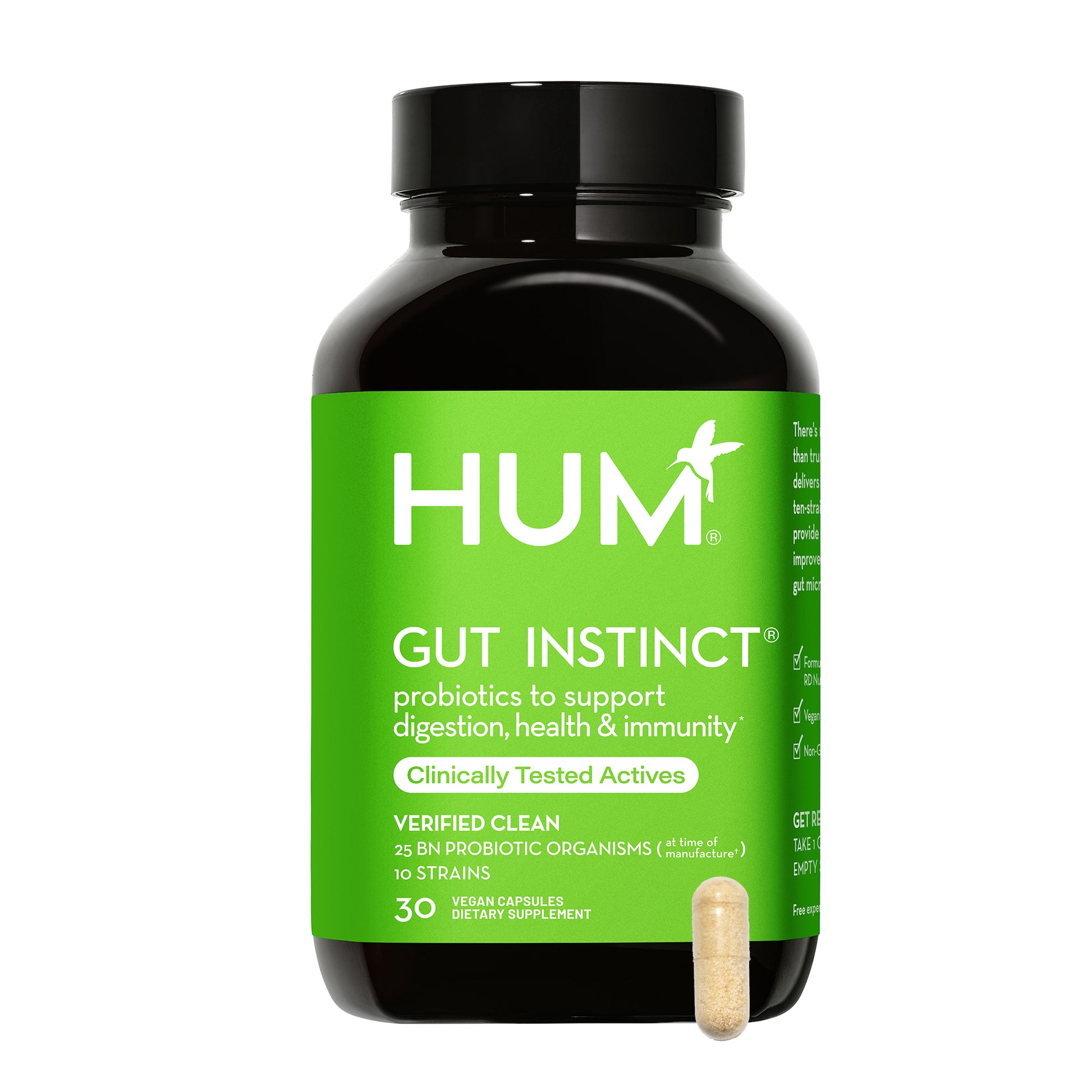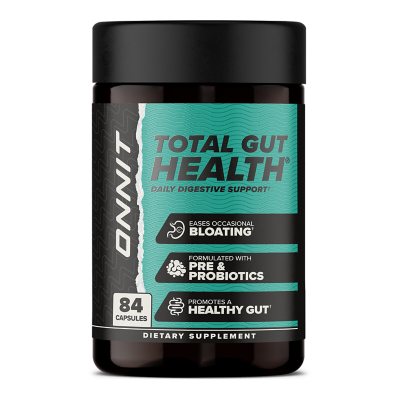Top Gut Health Supplement Choices to Support Your Digestive System Naturally
Top Gut Health Supplement Choices to Support Your Digestive System Naturally
Blog Article
Discover the Trick to Food Digestion and Immunity With Gut Health Support

Understanding Intestine Wellness
Understanding digestive tract health and wellness is essential for general health, as it plays a considerable role in food digestion, immunity, and also mental health. The digestive tract, comprising the intestinal system, is responsible for damaging down food, absorbing nutrients, and expelling waste. A well balanced intestine atmosphere makes sure efficient food digestion, allowing the body to use nutrients effectively.
In addition, intestine wellness considerably affects the body immune system. The gut houses a significant portion of the body's immune cells, and a healthy intestine can assist fend off virus and reduce inflammation. Interruptions in gut health and wellness can lead to an overactive immune reaction, potentially contributing to autoimmune problems and allergic reactions.
In addition, the intestine is often referred to as the "2nd mind" due to the gut-brain axis, a complicated interaction network linking the brain and the gut. This connection influences state of mind, cognition, and psychological wellness. Concerns such as dysbiosis, defined by an inequality in intestine germs, have been related to psychological health and wellness conditions, including stress and anxiety and depression.
The Intestine Microbiome Explained
The digestive tract microbiome, a varied area of microorganisms staying in the stomach system, plays an essential function in keeping digestion health and wellness and total health. Comprising trillions of germs, infections, fungi, and various other microorganisms, this complex ecosystem help in the digestion of food, the synthesis of vital nutrients, and the regulation of metabolic procedures.
Each person's digestive tract microbiome is distinct, affected by factors such as diet, way of living, genes, and environmental direct exposures. A well balanced microbiome supports optimum food digestion by breaking down complex carbs, producing short-chain fatty acids, and helping with the absorption of nutrients. Alternatively, a discrepancy, frequently described as dysbiosis, can bring about gastrointestinal problems, including short-tempered bowel syndrome (IBS) and inflammatory bowel disease (IBD)
Research has shown that a varied microbiome is associated with far better health and wellness end results, underscoring the significance of dietary choices in nurturing these bacteria. Foods rich in fiber, probiotics, and prebiotics, such as fruits, vegetables, and fermented products, can advertise a healthy microbiome. Understanding the gut microbiome is crucial for creating targeted treatments focused on enhancing digestion wellness and stopping gastrointestinal diseases.

Link In Between Digestion and Immunity
A robust link exists in between digestion and immunity, highlighting the vital function of the intestine in keeping total wellness. The intestinal system is home to trillions of microorganisms that create the more helpful hints gut microbiome, which substantially affects both gastrointestinal procedures and immune responses. This complicated ecological community aids in breaking down food, taking in nutrients, and giving important metabolites that support immune feature.
When digestion is efficient, the gut obstacle remains intact, preventing harmful pathogens from getting in the blood stream. Around 70% of the immune system stays in the gut-associated lymphoid cells (GALT), which connects very closely with the intestine microbiome.
Tips for Sustaining Intestine Health
Sustaining intestine wellness is crucial for keeping both digestive system efficiency and a well-functioning body immune system. To cultivate optimal intestine health and wellness, take into consideration incorporating numerous practical approaches into your day-to-day routine.
First, prioritize hydration. Consuming adequate water supports food digestion and aids keep the mucosal cellular lining of the intestines. In addition, routine exercise can enhance gut motility and advertise a varied microbiome.
Conscious eating techniques are additionally necessary. Eating food thoroughly and eating gradually can aid food digestion and protect against overeating, which may stress the digestive tract. Furthermore, handling anxiety through methods such as reflection, yoga, or deep-breathing workouts can favorably influence gut health, as stress and anxiety is understood to interfere with digestive procedures.
Integrating prebiotics and probiotics right into your routine is another reliable strategy. While specific foods will be reviewed later, understanding the relevance of these parts is vital. Prebiotics act as food for valuable gut bacteria, while probiotics introduce real-time beneficial microorganisms.
Lastly, stay clear of too much usage of prescription antibiotics, as they can disrupt the equilibrium of intestine vegetation. By adhering to these suggestions, you can dramatically add to the maintenance of a healthy and balanced gut, which is vital for total health and wellness and vigor.
Foods That Promote Intestine Health

Fermented foods, such try this out as yogurt, kimchi, kefir, and sauerkraut, are abundant in probiotics, which are helpful germs that sustain digestive tract vegetations and improve digestion. These foods can aid bring back balance in the digestive tract, especially after antibiotic usage or gastrointestinal disruptions.
Along with fermented alternatives, prebiotic foods, such as garlic, onions, asparagus, and bananas, serve as nourishment for these probiotics, advertising their growth and task. These soluble fibers sustain gut mobility and can ease problems like irregular bowel movements.
Moreover, including high-fiber foods, consisting of whole grains, beans, fruits, and vegetables, is vital for preserving a read this healthy intestine. Fiber help in normal defecation and assists protect against gastrointestinal conditions.
Finally, omega-3 fatty acids found in fatty fish, flaxseeds, and walnuts have anti-inflammatory buildings that can better support digestive tract health and wellness. Stressing these foods in your diet can lead to a robust gastrointestinal system and improved immune feature.
Verdict
In conclusion, focusing on gut health is important for maximizing food digestion and boosting resistance. A well balanced gut microbiome, influenced by dietary selections and way of living elements, plays a vital function in nutrient absorption and swelling reduction.
Understanding gut wellness is vital for total health, as it plays a substantial duty in digestion, immunity, and even mental wellness. The digestive tract houses a significant part of the body's immune cells, and a healthy and balanced intestine can assist fend off pathogens and minimize swelling.In addition, the gut is typically referred to as the "second mind" due to the gut-brain axis, an intricate interaction network linking the gut and the mind.A durable connection exists between digestion and resistance, highlighting the critical role of the intestine in preserving overall health.In verdict, focusing on digestive tract wellness is necessary for enhancing digestion and boosting resistance.
Report this page